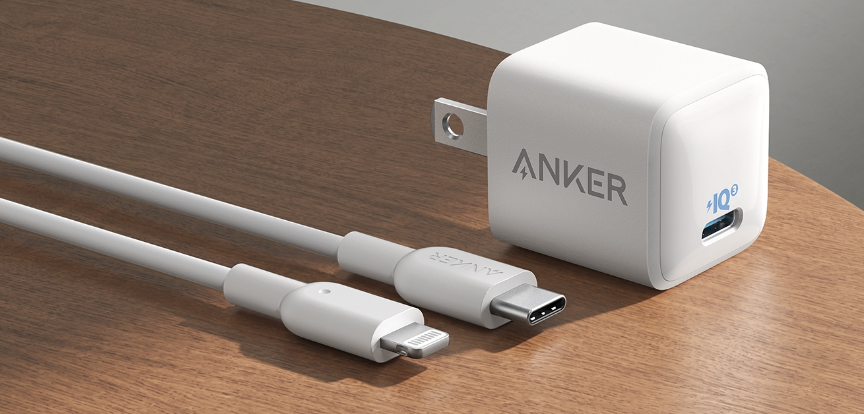
How to Choose the Right Charger for Your Laptop?
In our increasingly digital world, laptops have become essential tools for work, study, and leisure. However, many users overlook an equally important accessory: the laptop charger. Choosing the right charger ensures your laptop operates efficiently and safely. An incompatible or low-quality charger can lead to poor performance, battery damage, or even safety hazards. This guide will help you navigate the complexities of selecting the perfect charger for your laptop, considering factors such as compatibility, power requirements, and safety features.
Tips for Choosing the Right Laptop Charger
Understand the Power Requirements
The first step in choosing the right laptop charger is understanding your device’s power requirements. Laptop chargers are typically rated in watts (W), and this rating indicates how much power the charger can deliver. To find out your laptop’s wattage requirement, check the specifications label on the bottom of your computer or consult the user manual. Most laptops will have a recommended wattage, which can vary based on the model and its intended use. For example, lightweight laptops designed for basic tasks may require around 45W, while gaming laptops or high-performance systems can demand up to 180W or more. It’s crucial to select a charger that meets or exceeds your laptop’s wattage to ensure optimal performance.
Compatibility
Once you know the power requirements, the next step is ensuring compatibility with your laptop. Laptop chargers come in various shapes and sizes, with different connectors (also known as plugs). Using a charger that does not fit your laptop’s power port can cause damage or may not work at all.
Here are a few tips for checking compatibility:
Connector Type: Ensure the charger connector matches your laptop’s power jack. Most manufacturers have unique designs, so it’s best to use a charger that comes from the same brand as your laptop.
Voltage and Amperage: Verify the voltage (V) and amperage (A) ratings on both the charger and your laptop specifications. The voltage should match, but the amperage can be higher on the charger; a charger with a higher amperage will not harm your laptop, as the device will only draw what it needs.
Brand-Specific Chargers: Whenever possible, use the original charger that came with your laptop or a certified replacement from the manufacturer. This ensures that you are using a product designed specifically for your device’s specifications. Or choose the specific chargers with famous brands, such as Anker’s dell laptop charger, which offers a range of power outputs, from 30W to 200W, with compact and versatile designs tailored for the modern on-the-go lifestyle.

Evaluating Safety Features
Safety is a significant factor when selecting a laptop charger. Poor-quality chargers can pose risks such as overheating, short-circuiting, and even electrical fires. To prioritize safety, consider the following:
Certifications: Look for chargers that have undergone testing and received safety certifications from reputable organizations, such as Underwriters Laboratories (UL) or the International Electrotechnical Commission (IEC).
Overcurrent and Overvoltage Protection: Choose chargers that feature built-in protections against overcurrent and overvoltage. These safeguards prevent damage to both the charger and your laptop by automatically shutting down the power supply in case of irregularities.
Heat Dissipation: High-quality chargers typically feature designs that allow for better heat dissipation. This can minimize the risk of overheating during use.
Portability and Design
If you often travel or work in various locations, consider the portability and design of the charger. Look for lightweight and compact chargers that are easy to carry. Some chargers have foldable or detachable cables, making them more convenient for on-the-go use. Additionally, check for the durability of the charger. A well-constructed charger with a reinforced cable can withstand the wear and tear of daily use and travel. Investing in a reliable charger can save you time and money in the long run.
Conclusion
Choosing the right charger for your laptop is essential for maintaining its performance and longevity. By understanding your laptop’s power requirements, ensuring compatibility, evaluating safety features, and considering portability, you can make an informed decision. Remember, investing in a high-quality charger not only enhances your laptop’s performance but also protects your device from potential damage. So, whether you’re replacing a broken charger or looking for a reliable spare, keep these guidelines in mind to ensure you get the right charger for your needs. Happy charging!




